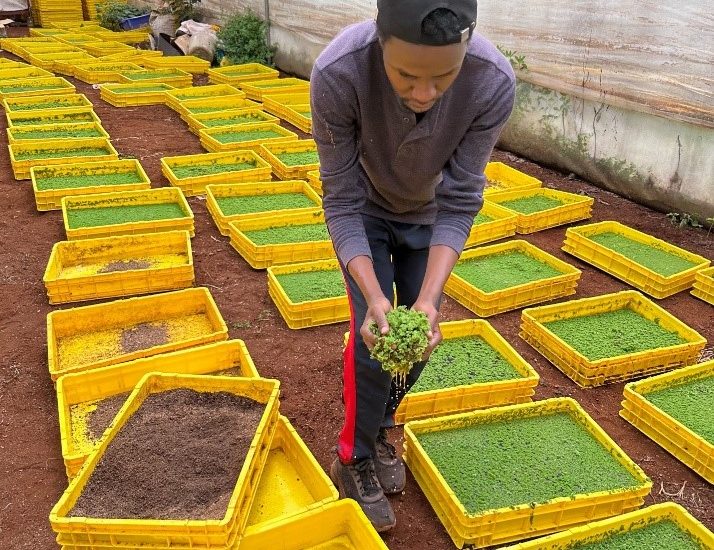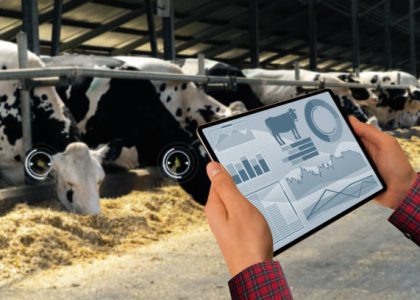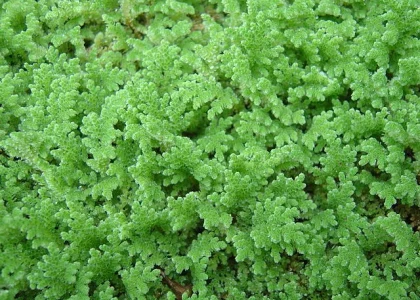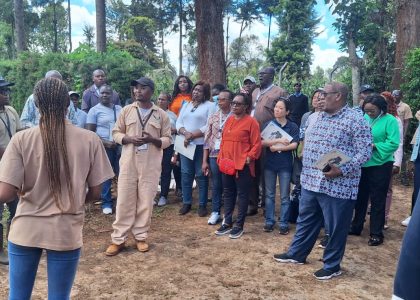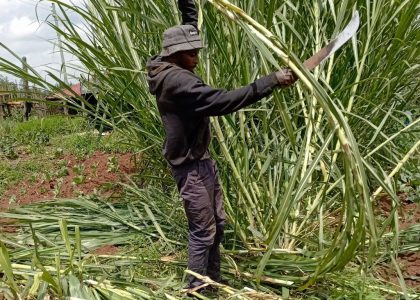Livestock production plays a crucial role in a nation’s economy and food security. According to the World Bank, approximately livestock constitutes approximately 40% of the agricultural products while supporting a population of 1.3 billion people with livelihoods and nutrition. However, recent economic conditions have severely impacted this sector, leading to numerous challenges for consumers and producers. These challenges could also hinder its growth and sustainability.
During tough economic times, input costs like veterinary services and animal feed tend to minimize farmers’ profit margins for livestock producers. Therefore, the farmers must prioritize resource efficiency and cost management practices to solve this issue. Producers can explore alternative feed options involved in bulk purchasing, placing them in a better negotiating position and optimizing feed formulation to minimize wastage. To solve this problem, WingFarm offers alternative protein solution feeds like Azolla, black soldier fly larvae and duckweed. Some of the advantages of this feed to animals like cows, poultry, swine, goat, and sheep include its high protein and low lignin content, making it easily digestible, further increasing its feed efficiency for animals. Studies also show that milk production in cows increases by approximately 20%.
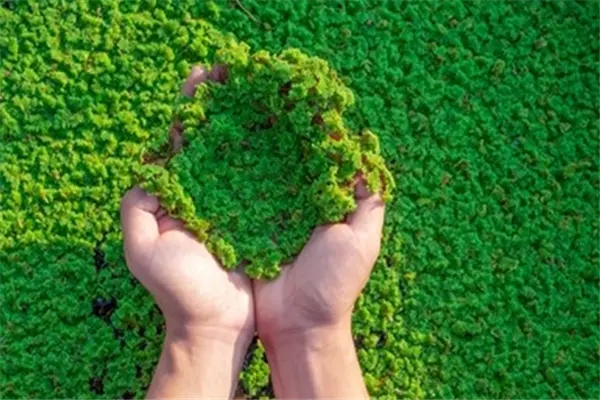
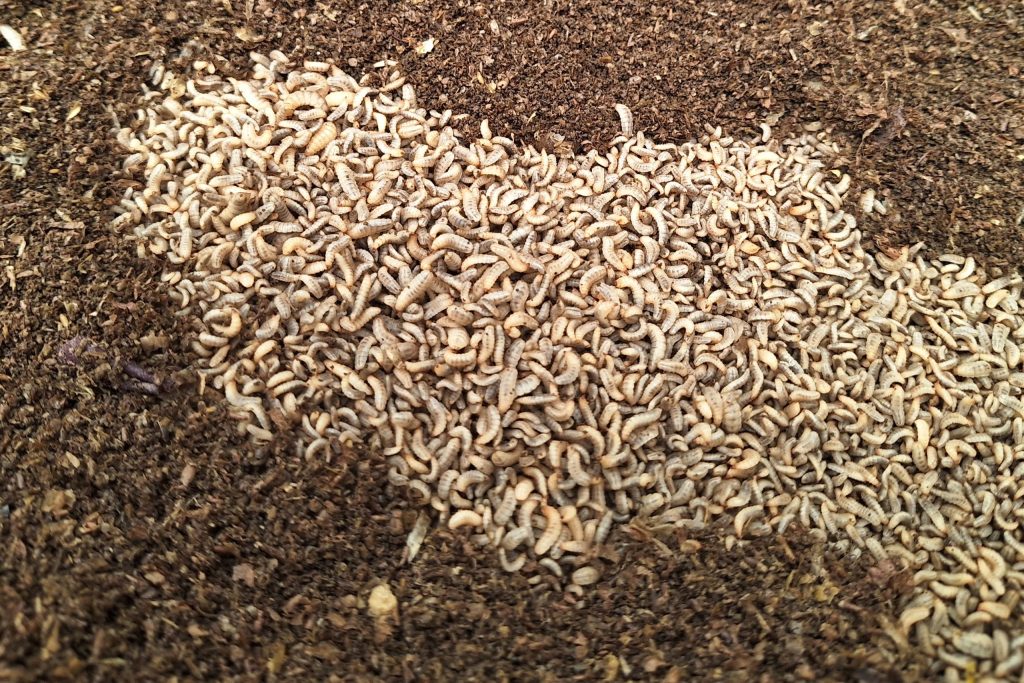
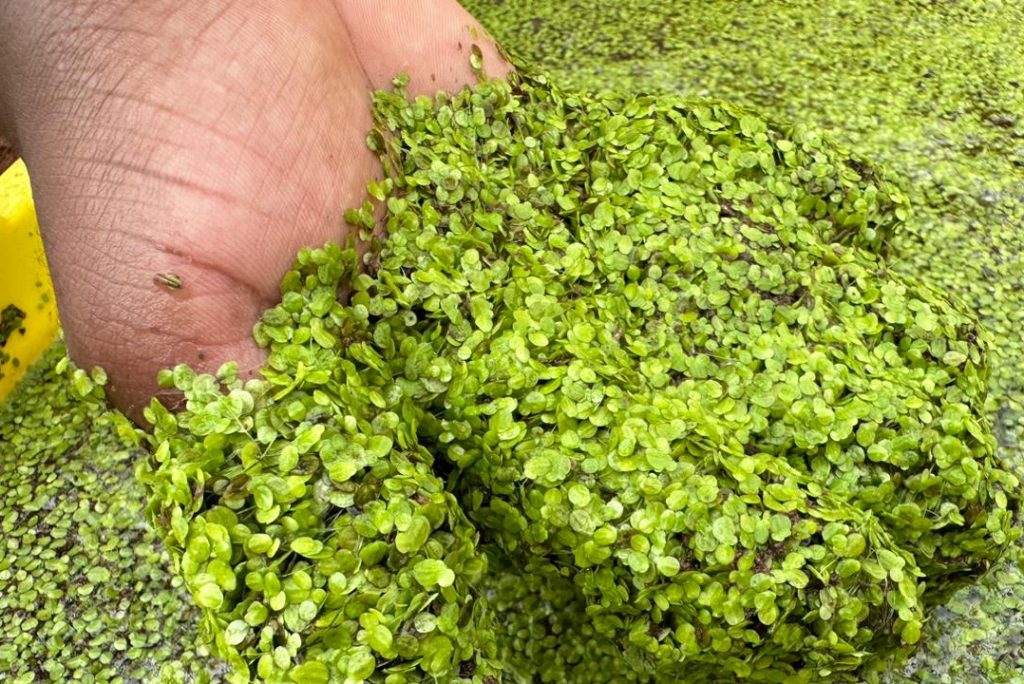
Access to credit and financial resources by farmers during tough economic times also places a huge hurdle on livestock production. Farmers need to maintain good financial records, explore government programs and develop strong relationships with financial organizations supporting the agricultural sector. Farmers should also seek opportunities for subsidies, grants, and loan programs tailored to livestock production. Prudent investment practices and efficient financial management greatly enhance the chances of securing financial resources.
WingFarm comprises technology-savvy youths skilled with in-depth research capabilities and thus are in the loop on emerging funding opportunities. To solve this problem, we volunteer to train farmers and producers on means and ways to access funding opportunities such as grants and loans since we are firm believers that knowledge is power. We have thus far assisted over 20 farmers in Githunguri.
Climate change poses an additional challenge for livestock production through water scarcity, heat stress, and extreme weather events. Farmers should focus on sustainable land and water management practices to improve climate resilience. Farmers could implement strategies such as water-efficient irrigation systems and rotational grazing. WingFarm has established a greenhouse that acts as a shading structure that assists in mitigating the impact of climate-related problems. In the near future, we look to invest in equipment for monitoring weather patterns and investment in climate-smart technologies that can assist in helping in adapting to the environmental and climate changes experienced globally.
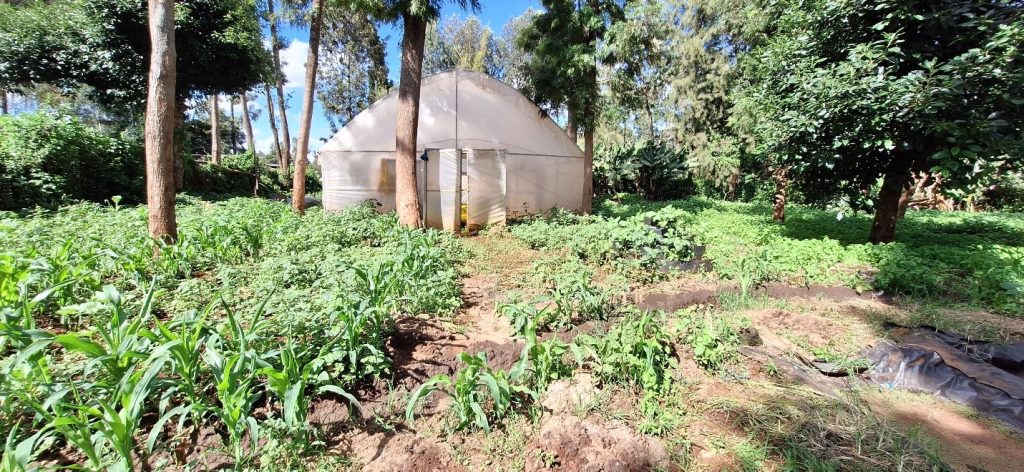
Navigating harsh economic conditions in livestock production needs a proactive approach from all government and private stakeholders. Continuous research and collaboration between farmers and governmental and non-governmental agencies form part of the solution in ensuring long-term profitability and sustainability in livestock production. Therefore, with careful adaptability and sustainability, livestock production has the potential to weather economic storms while continuing to contribute to economic growth.


